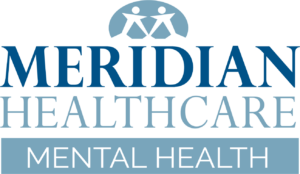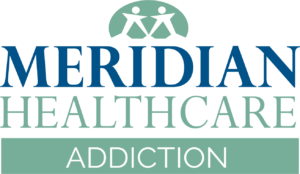Without treatment, bipolar-related mood episodes can last for months at a time, with depressive episodes tending to last the longest. A bipolar disorder treatment plan should address mood swings, symptoms of both mania and depression, and living with the disorder. The most effective treatment options will utilize a combination of both medication and therapy.
Therapy Treatment Plans
Bipolar disorder treatment often includes psychotherapy (also referred to as talk therapy), which allows the person to talk through their emotions and experiences. The most common type of psychotherapy for bipolar disorder is cognitive behavioral therapy (CBT). CBT allows people to learn from their emotions and thoughts to respond more positively. It can be done individually or with a support group to improve medication adherence, mood and social functioning.
If psychiatry or other treatment options are not effective, electroconvulsive therapy (ECT) can be used for those struggling with bipolar disorder. During ECT, the patient receives a brief electrical stimulation in their brain that alters brain chemistry to reverse mental illness symptoms. According to the American Psychiatric Association, electroconvulsive therapy can also treat major depression or schizophrenia.
Medication Treatment Options
Most mental illness treatment plans utilize medication to alleviate symptoms for the patient in conjunction with therapy to address the whole disorder. The Diagnostic and Statistical Manual of Mental Disorders (DSM-5) describes the medication options commonly used in bipolar disorder treatment plans.
-
- Mood stabilizers
- Lithium
- Divalproex
- Carbamazepine
- Lamotrigine
- Second Generation Antipsychotics (SGA)
- Antidepressants
Before taking medication, be sure to discuss potential side effects with your care provider. Bipolar disorder commonly co-occurs with other mental conditions, such as anxiety disorders, attention-deficit/hyperactivity disorder (ADHD), substance use disorders, or eating disorders. Treatment plans should address any other mental conditions present while treating bipolar disorder.










